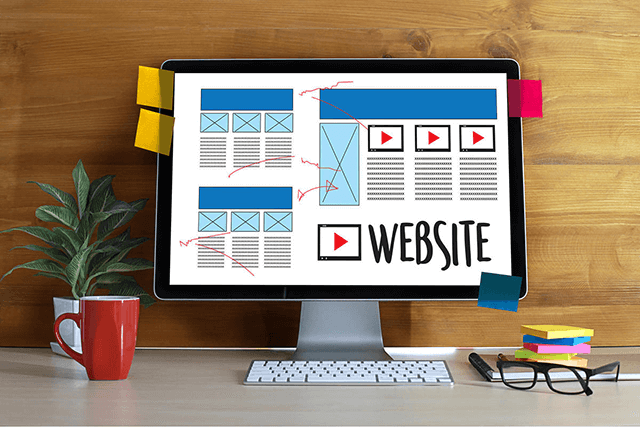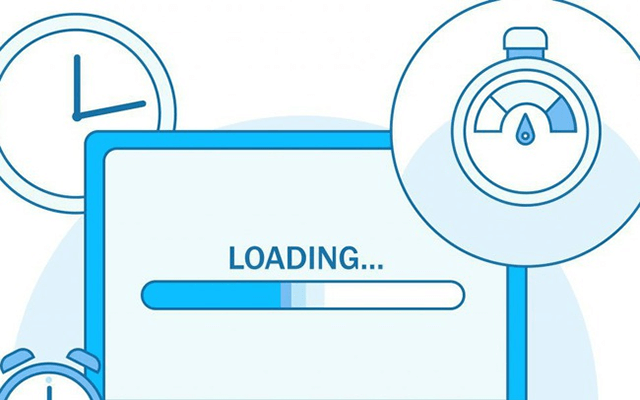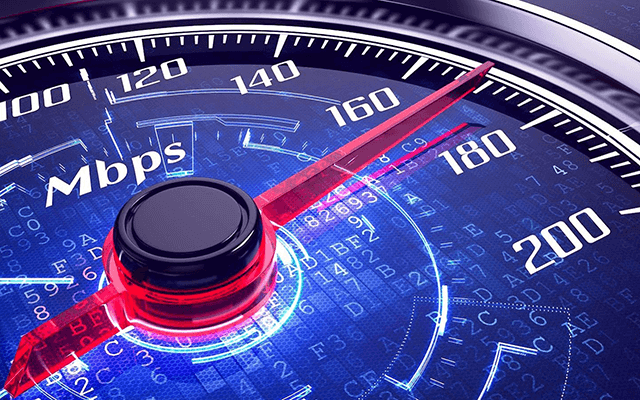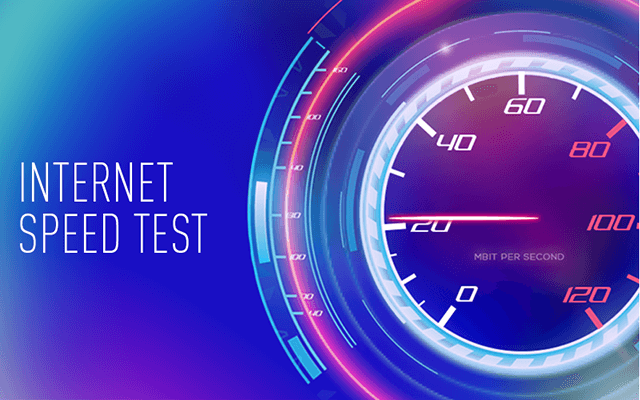Website loading speed test: Top reasons for slow loading websites (P2)
It’s not surprising that there is a wide range of factors that can slow down a website’s loading speed. In the previous article, we learned about the first 6 common causes of slow web load. Now, it’s time for us to explore the other ones with “Website loading speed test: Top reasons for slow loading websites (P2)".
Before going to point out more causes of a slow website, we want to remind you a bit about how important page load time is. According to Kissmetrics, 40% of users will abandon a website if it needs more than 3s to load. Also, 47% (nearly half) of users expect a webpage to load in 2s or less. And just a 1s delay in page response might result in up to 7 percent of the reduction in conversion. Do these numbers surprise you?
There is a wide range of factors that can slow down a website’s loading speed
That’s the reason why website test or web testing, particularly website performance analysis and testing is so vital in creating and maintaining a fast website. In that way, it will ensure a better user experience for visitors while accessing and browsing around the web. That’s enough for the reasons why we need to make a speedy website. Now, back to the main topic, it’s time for us to learn more about things slowing down a website.
Through the previous article “Website loading speed test: Top reasons for slow loading websites (P1)”, we knew that unoptimized images, high website traffic, too many ads, unclean code, lack of CDN (Lack of a Content Delivery Network), and outdated CMS are 6 factors that can make negative impacts on your website’s page load time. Right below here are more causes for slow web load. Let’s see what they are now!
Server performance
To know what server performance affects your page load to time, let’s see what happens when someone goes to your URL. Well, when a user clicks on your website, his or her browser pings the server asking for all the information and data needed to load the website.
If the server isn’t performing up to the mark, it will take more time to respond. Even when everything else functions smoothly, poor server performance will slow down the speed of a website. That’s why the server quality often comes down to the website hosting service quality.
Cheaper web hosting services will come with a shared server. A shared server means multiple websites are sharing the same space and resources. Each site’s speed is slow because it’s in a queue with other ones. To improve the speed of slow loading websites, it’s good to consider having a better web host.
Website test - It’s always important to check the website loading speed
Too many plugins
Plugins provide your website with necessary features that help improve the website’s functionality. However, too many plugins or addons installed is a common cause for making your site slower and slower, creating a poor user experience for those visiting your website.
One more thing is that not all plugins are created equally. Outdated and poor plugins can also result in slow loading websites. If you find that your plugins are the reason for slowing down your site, it’s time for you to remove anything non-essential. Running a website test on loading speed can help here.
Please keep in mind that even the most functional websites can be ignored and abandoned if the users can’t load it in time.
Server location
Of course, it always takes more time for your data to travel from a server that is located farther away from a user. The geographical distance does matter in this case. That’s how the server location can be a reason for slow loading websites.
Website test - Server location can also impact your page load time
Therefore, picking a server that’s located relatively nearby to your user base is a good way to speed up your page load. For example, in case most of your users are based in Africa, don’t host your website on servers based in anywhere else.
No caching techniques
Caching can considerably improve website performance. It is a very helpful technique by which the browser keeps frequently used data in its “cached memory”.
It means that next time when the users visit the website again, the browser doesn’t need to load the information and data all over again. The loading time will be reduced thanks to this faster data retrieval.
Without caching techniques, the websites have to load all the files and data every time when someone goes to the site. This is really unnecessary and will likely hamper the experience of the users when it can be solved with ease.
Slow-loading websites - Caching can considerably improve website performance
JavaScript issues
Using JavaScript/jQuery plugins makes it more convenient to add dynamic content to the web. But, if not implemented the right way, JavaScript can cause issues for your page load speed.
It takes time for JavaScript to be loaded, interpreted as well as executed. If you use multiple API calls in order to render JavaScript data, then it can lead to significant delays when loading the web pages.
Slow-loading websites: Too much flash content
Though Flash is useful for adding interactivity to a website, it can also contribute to the low page load speed. Flash content tends to have bigger file sizes, and more of it will, of course, slow down your web pages.
If possible, you should consider reducing the size of your Flash files or even eliminating them so that your page loading speed will get improved. If you want to boost your web load speed, look for HTML5 alternatives to replace the existing Flash content.
Conclusion
Now, you already learned 6 more common causes for slow web load. After 2 parts of the “Website loading speed test: Top reasons for slow loading websites”, totally, we got 12 common reasons for slowing down a website. Together with these causes, we have to tell that there are still different factors impacting your website’s speed. Well, we hope that you found interesting and useful things in these 2 articles.
Cre:
eurovps.com/blog/reasons-for-slow-website-loading/
browserstack.com/guide/why-website-loading-slow
quantumdynamix.net/blog/9-common-causes-slow-page-load-time/









0 Comments
Leave a Comment
Your email address will not be published. Required fields are marked *